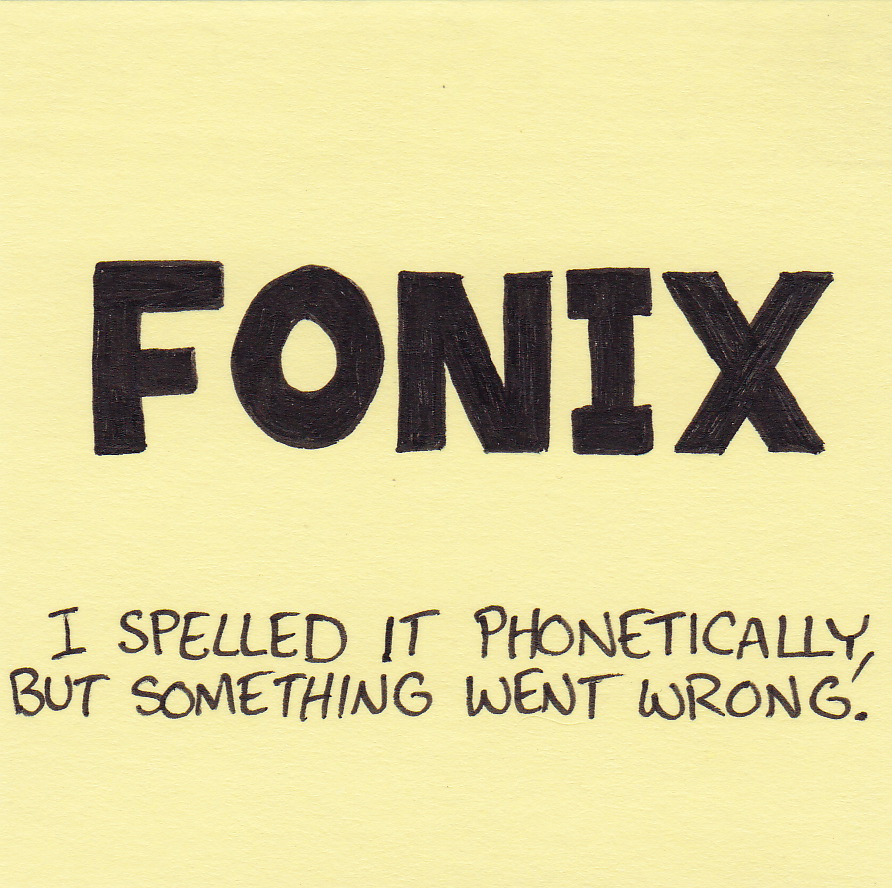Childhood apraxia of speech (CAS) is a neurological motor speech disorder. Children with CAS have difficulty producing sounds and words because their brains cannot properly control the muscle movements that are required for sound. However, with intensive speech therapy, verbalization is possible. Jen Krause of JenKrause.com offers hope of progress for parents of children with CAS. Her son Luke was diagnosed with CAS when he was about two years old and today, he has progressed to the point at which he no longer has a diagnosis of apraxia. Read on to find out Jen’s tips for parents of children with speech disorders. She shares her family’s story of coping with the diagnosis, and Luke’s speech therapist, Elyse Sutherland, discusses the techniques she uses to encourage speech and language development.
Apps for Phonics
Language DevelopmentTimes are tough these days, economically speaking, and many families are even tapping into their retirement savings to pay for debts and day-to-day living expenses. Families of children with special needs are hit even harder; speech therapy isn’t cheap. Fortunately, speech therapy activities at home don’t have to cost you an arm and a leg. There are plenty of low-cost methods of teaching your child phonics, for example. (Speech Buddies are also cost-effective – after the initial investment, you’ll have countless speech therapy lessons in one simple tool.) If you’re not certain about what phonics actually is, or about its importance in speech and language development, check out our post from last week. And then mosey back over to our recommended apps for teaching phonics, listed below. You can also check out a whole bunch of useful speech therapy apps at SpecialNeeds.com.
Teaching Children Phonics
SchoolKids with speech disorders or delays often struggle to learn to read and write. For them, learning to read can be as confounding as reading a white paper on the performance of a Fusion-io ioDrive Duo 1.28TB card under a tpcc-mysql workload would be to us. (Unless, of course, you’re a computer genius.) Ideally, speech therapy focuses on the acquisition of all facets of language, from understanding the spoken word and reading fluently (receptive language skills) to articulating words clearly (expressive language skills). Phonics is one way to help a child accelerate the acquisition of reading and writing skills.
Homeschooling Your Speech Disordered Child
Legal Issues SchoolParents of children with speech disorders are faced with a choice: private speech therapy or speech therapy through the public school system? Each choice has its own benefits and drawbacks, but some parents prefer to consider a third, less conventional option: homeschooling. Considering alternative options may seem confusing or even intimidating at times. For starters, there usually isn’t as much information available, and often parents don’t know where to look for help. The trick to evaluating alternative options is to look at the idea from every angle, and instead of being intimidated, perceive it as an opportunity. That said, homeschooling isn’t for everyone, and it can be especially difficult to homeschool a child with a speech disorder.
Educational Apps for Kids: Problem Solving
Speech Therapy TechniquesSpeech and language disorders in children can affect so much more than just a child’s ability to produce sounds, words, and sentences. They can also affect how a child is able to process and analyze information, problem solve, and make himself understood by others. Speech Buddies can help with many speech disorders that affect articulation, but you might also consider using educational apps for kids to address other areas of concern. Many educational apps for kids are available to improve problem solving skills. As a bonus, they tend to involve fun games to keep your child engaged in learning. He might not even know it’s an educational app. Check out our list below to get started.





